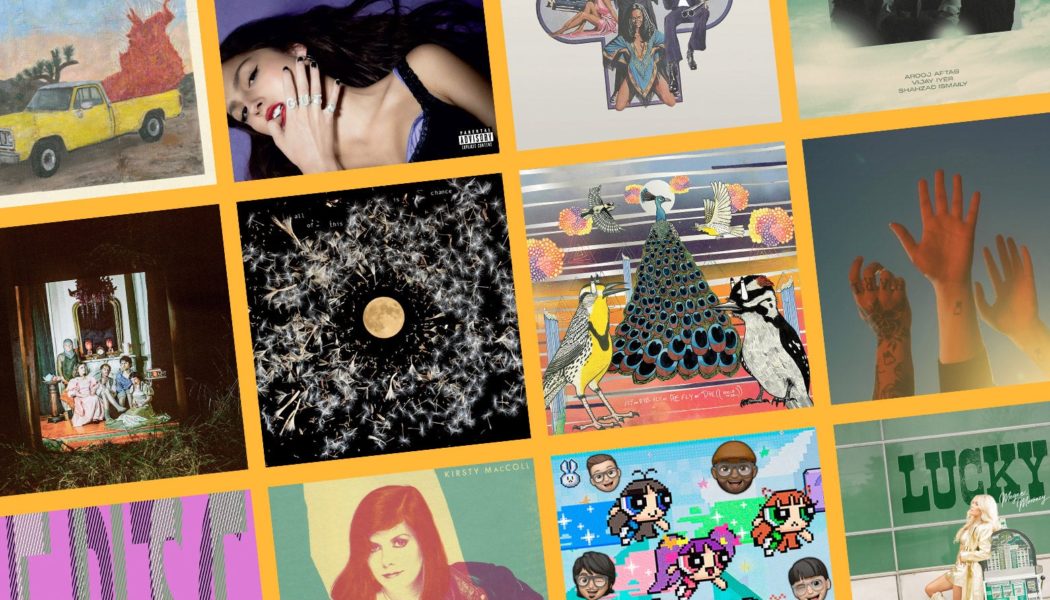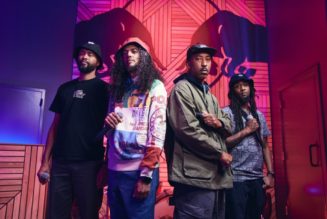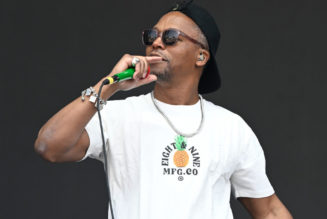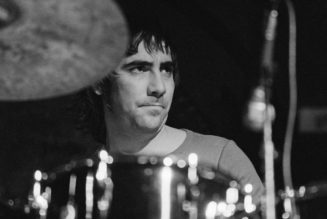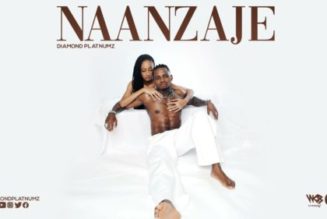In October 2015, Condé Nast bought Pitchfork. It was instantly a strange pairing. Condé owns the New Yorker and Vanity Fair and GQ—august magazines whose history, essence, vibe, coverage areas, and style feel at odds with Pitchfork, the definitive music blog of the 2000s and 2010s.
After the purchase, Condé’s chief digital officer at the time, Fred Santarpia, offered a simple explanation why one of the oldest names in print magazine journalism was buying the hottest music blog of the previous two decades: Pitchfork brought “a very passionate audience of millennial males into our roster.”
Nine years after that acquisition, Condé Nast finished the job it started, dispatching executive Anna Wintour to deliver the sour news: Pitchfork is being folded under the GQ brand. Wintour didn’t give much in the way of an explanation for why this, why now, but said it was the “best path forward for the brand so that our coverage of music can continue to thrive within the company.” On social media, Pitchfork writers and editors announced that many of them had been laid off.
Looking back on the long arc of Pitchfork’s maturation, it’s hard not to see Santarpia’s comment as the original sin of this corporate takeover. Not only was it crude, but it also missed the deep change that was already underway.
I’m not ignorant of the truth underneath his statement. As a white young-millennial male who has admittedly seen the Decemberists in concert, I can attest that Pitchfork was, in a previous iteration, especially tailored to my demographic—even if I never agreed with the site’s history of bestowing howling praise on Animal Collective.
In 2015, less than a month before the acquisition was announced, Slate noted that the top six names on the Pitchfork masthead—three corporate executives and three top editors—were men. And a few years earlier, in 2012, 88 percent of the readers who voted in its People’s List of the top albums from 1996 to 2011 were male. Those numbers were self-reported, in case you couldn’t tell that a critical mass of dudes voted three Radiohead albums into the top six and barely acknowledged female-led acts in the list.
In the years leading up to the Condé purchase, Pitchfork was the gold standard of indie and alternative rock criticism. It’s where I discovered countless new artists, and learned how to think about music. Its out-of-10 album-ranking system was often infuriating, but always impossible to dismiss out of hand. Pitchfork enraged as it illuminated. It glommed on to certain artists and denounced others. Its reviews could be biting, but they were rarely uninformed.
But it was clear that Pitchfork was already changing before Condé swooped in.
There were more pop reviews, more hip-hop, more electronic music, more metal, and more Latin music. Reviews sent me the way of Flying Lotus and Four Tet, Chvrches and Waxahatchee, Shad and Autre Ne Veut. The site increasingly responded to a critical environment where ignoring Black and female artists was untenable—and incompatible with its changing staff and reader base. That six-man masthead eventually thawed, culminating with Puja Patel taking over the editing reins in 2018. If Condé bought Pitchfork for its audience of white dudes, that’s not really what it ended up with. The site’s writers and editors—perhaps with the newfound resources of a big media company—made sure of that, transforming the tone, tenor, and coverage of the website in a way that was frankly long overdue.
Still, Pitchfork never gave up its commitment to covering underground music. Sure, Pitchfork only started writing critically about Taylor Swift in 2017 (a 6.5 for Reputation), but, contrary to the opinions of some of its most crochety critics, the site is not—and has never been—a haven for poptimism.
But Swift, like much of the pop music industrial complex, also became significantly more infused with the indie and alternative sounds of the previous decade. It was 2011 when Arcade Fire shockingly won the Best Album Grammy over Katy Perry, Lady Gaga, and Eminem. Thirteen years later, it seems natural that indie supergroup Boygenius is nominated for countless awards at that same ceremony. What’s old is new again. Even Sufjan Stephens, a Pitchfork perennial favorite, is still cranking out tearful hits and a 2023 album-of-the-year contender.
Meanwhile, mainstream pop stars like Billie Eilish and Olivia Rodrigo seem born out of a prior generation’s indie and emo traditions. One of Dua Lipa’s current hit songs was produced by Tame Impala’s Kevin Parker. And Swift herself—the undisputed intergalactic ruler of pop music—has been produced by Bleachers frontman Jack Antonoff since 2014’s 1989 and by the National’s Aaron Dessner since her pandemic-defining Folklore in 2020, an album featuring a cinematic duet with Bon Iver’s Justin Vernon.
Santarpia’s fourth-wall-breaking, quiet-part-out-loud statement to the Times shows that Condé executives simply weren’t reading the tea leaves—or the site around the time of its purchase. Not only was Pitchfork noticeably opening up its worldview beyond white-boy indie rockers, but pop music was embracing the rough edges of every aspect of the old Pitchfork coverage remit as alternative fused with pop.
Now a partly decimated Pitchfork will be folded into GQ, a men’s magazine. GQ has long had poignant music journalism—its profiles, especially—but it’s a publication that celebrates celebrity, something Pitchfork never cared about. If Condé executives still think Pitchfork is a dude blog, it’d make sense that they want those dudes to grow up and become, well, gentlemen. But Pitchfork is not a dude blog anymore, and it hasn’t felt that way in a very long time. They’d have realized that if they read the site.
They might have read Jenn Pelly’s incisive investigation into a sexual coercion accusation that brought the transcendent DIY darling Pinegrove down to earth. Or her extensive probe of Fiona Apple’s latest album (also the first 10.0 since Kanye West’s magnum opus My Beautiful Dark Twisted Fantasy). Or Camille Dodero’s 2019 feature on the return of Sky Ferreira. Or Cat Zhang’s prescient writing on how TikTok was quickly changing pop music.
Pitchfork isn’t just about reminiscing about our favorite Wilco albums. It never really was that. Perhaps the people who bought the site just weren’t paying attention.
